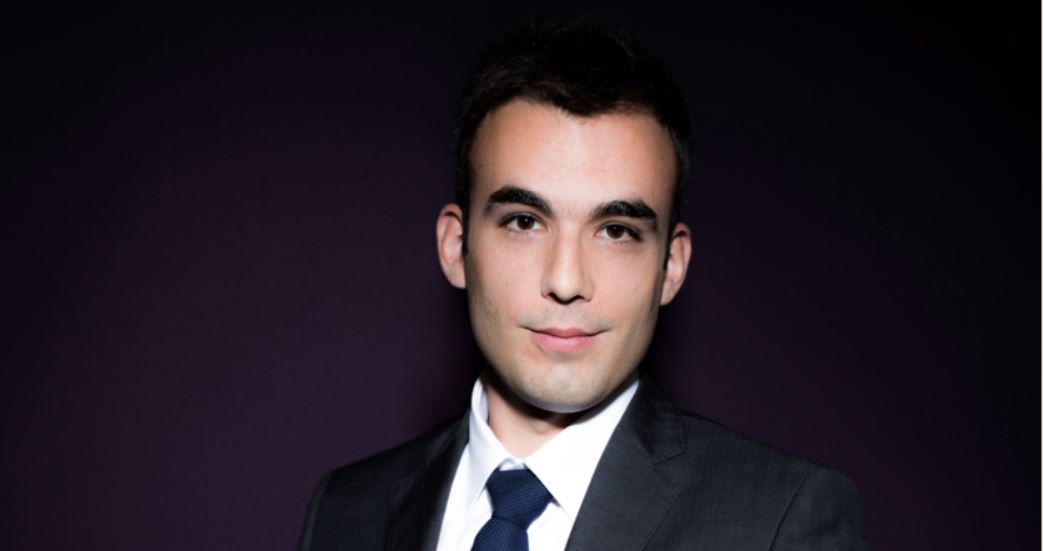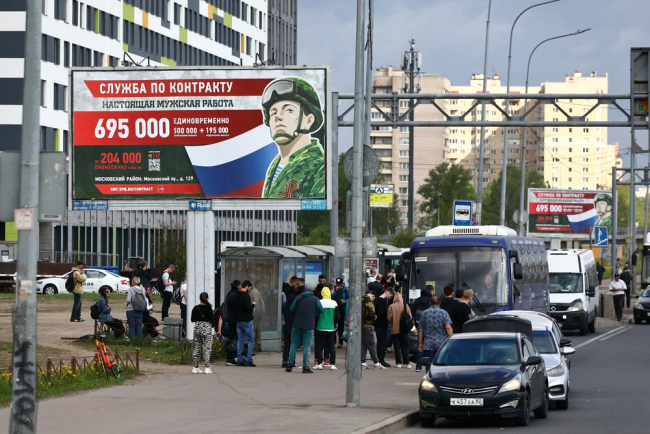From Moscow to Mecca: Russia's Saudi Arabian Diplomacy

Relations between Russia and Saudi Arabia have never been as friendly as they were in 2009. After years of tension over Saudi support for Islamist fundamentalism in the post-Soviet space and Russia's proximity to Iran and Iraq, Moscow and Riyadh have progressively moved closer to each other.
This rapprochement was aided by the increasing complexity of their respective relationships with the US, concerns caused by the situation in Iraq and, between 2003 and 2008, rising fuel prices. Nevertheless, their relations are limited by their different interests in the energy field and are subject to the fluctuating political climate in the Middle East, notably with regard to the Iran dossier. Ultimately, by moving closer to Riyadh, Moscow primarily hopes to improve its political image and reaffirm its presence in the Arab-Muslim world. The Kremlin is hedging its bets and its relations with the Kingdom of Saudi Arabia remain dependent on its relations with Washington.
Julien Nocetti is a consultant at Ifri's Russie/Nei Center. He is a graduate in International Relations, Geopolitics and Competitive Intelligence. He has worked in the Russian media, at the French Ministry of Defense and in management consulting.
Russie.Nei.Visions is an electronic collection of policy papers published in French, English and Russian by the Russia/NIS Center, Ifri.
Download the full analysis
This page contains only a summary of our work. If you would like to have access to all the information from our research on the subject, you can download the full version in PDF format.
From Moscow to Mecca: Russia's Saudi Arabian Diplomacy
Related centers and programs
Discover our other research centers and programsFind out more
Discover all our analysesWar as Social Elevator: The Socioeconomic Impact of Russian Military Keynesianism
In order to finance its war effort, the Russian state has spent substantial sums of money and implemented a form of “military Keynesianism” that is transforming society at both the socioeconomic and cultural levels. This has partially rebalanced the wide disparities in wealth, levels of consumption, and social prestige in Russian society by granting significant financial and symbolic advantages to peripheral Russia, which has long been overlooked by the central government.
The Contradictory Impacts of Western Sanctions on Economic Relations between Russia and Sub-Saharan Africa
How does Russia maintain economic ties with Africa despite Western sanctions? An analysis of investments, trade, and the circumvention strategies deployed by Moscow.
The Caspian Sea as an Emerging Energy Hub : Potentials and Limitations
This report analyzes the prospects of the Caspian Sea region — and its key actors except for Russia and Iran — becoming an important energy hub serving the needs of the European Union (EU).
The European Union's Strategic Test in Georgia
The political crisis brewing in Georgia is of an existential nature for the country. What is at stake is Georgia's future as a democratic and sovereign European nation (EU).











